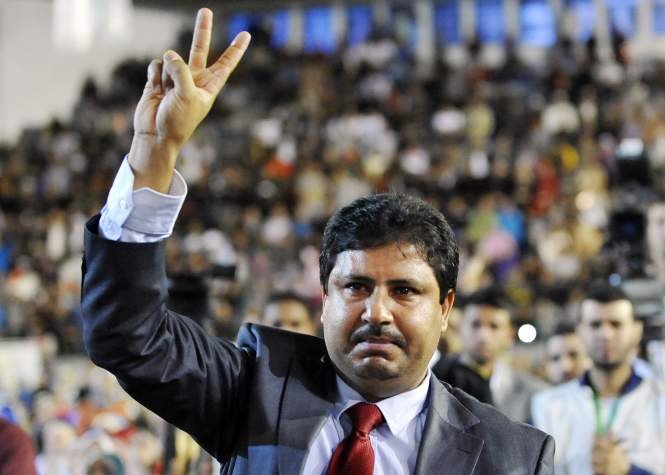In a revealing analysis, Abdelali Hami El Din, a leading figure in the Justice and Development Party (PJD), stated that the party’s experience in managing public affairs lacked a clear, continuously defended vision for democratic transition.
At the same time, Hami El Din acknowledged that the party made commendable efforts to quickly adapt to the requirements of governance from the position of head of government. He noted successes in managing several government sectors and local councils, along with winning the battle for integrity and safeguarding public funds. The party, he added, showed notable political flexibility in dealing with other political actors.
In a Facebook post, Hami El Din emphasized that the most significant achievement of the PJD—particularly under the leadership of Abdelilah Benkirane—was reconciling large segments of society with political engagement and opening up hopes for reform through democratic means. However, this political momentum, he said, collided with certain entities within the state apparatus and circles of vested interest.
He further noted that these groups worked actively to obstruct many of the PJD’s reform initiatives through various means, including coordinated media campaigns aimed at demonizing the party’s symbols and leadership. These efforts, he argued, exposed the extent of control over the media landscape, with many outlets turning into instruments of defamation, discrediting, and misinformation. This, according to him, reflects how political money has seized influence over the media, particularly through advertising, which now imposes a form of self-censorship—even on supposedly independent platforms.
Despite these challenges, Hami El Din praised the party’s achievements in the 2015 and 2016 elections, crediting them to its committed members, an efficient electoral machine, and the strong communication skills of its Secretary-General.
He went on to say that while the municipal elections produced easily governed majorities led by the PJD, the formation of a parliamentary majority to support Benkirane’s second government met with strong resistance. There was, he claimed, a deliberate effort to dismantle the critical mass formed by the alliance between the PJD, the Party of Progress and Socialism, and the Istiqlal Party, in favor of constructing a fragmented majority resistant to reform from within.
Hami El Din argued that such political dynamics can only be understood within the context of a fragile democratic environment—where some parties function merely as tools of authority. This applied to both the 2013 and 2016 political deadlocks, the latter being marked by a well-known alliance of four parties formed specifically to block a cohesive majority.
He concluded by posing a fundamental question: If the role of state authority was accepted when it intervened positively in 2013, should it be rejected when it intervenes negatively, as in 2016? His answer was unequivocal: the state must maintain equal distance from all political parties—a principle that remains far from being achieved in today’s Morocco. For him, this constitutes the first priority on the agenda of any serious political reform in the country.


